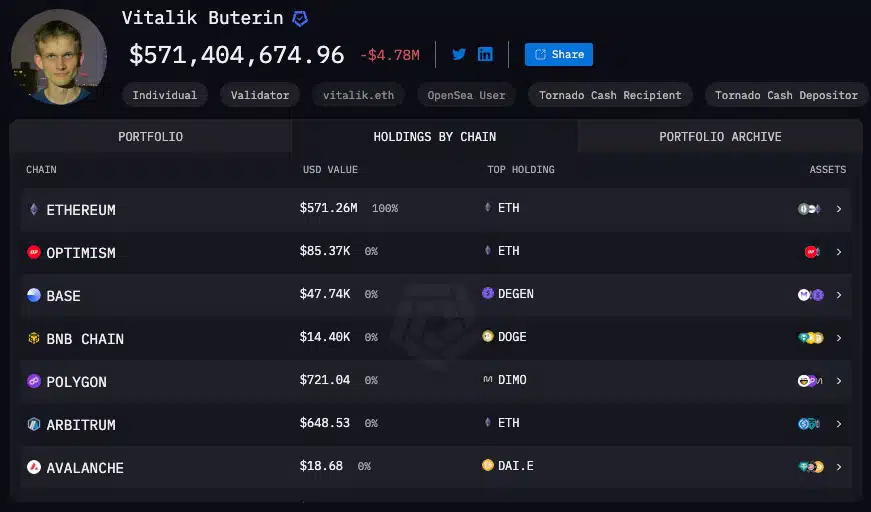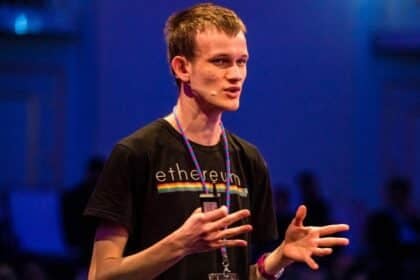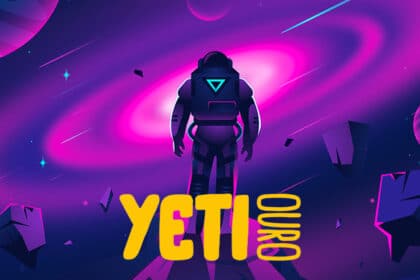Ethereum co-founder Vitalik Buterin recently announced that he plans to donate all proceeds from the Layer 2 (L2) and related project tokens he holds. Buterin’s focus is on supporting public goods within the Ethereum ecosystem or charitable activities. His recent transactions, however, have sparked debates, especially concerning the difference between token sales and donations.
Vitalik Buterin Supports and Donates to These Projects
Buterin’s statement stems from discussions about founders’ involvement with their projects’ tokens. As reported by The Bit Journal, Buterin’s recent Ethereum transactions stirred concerns about whether he was selling ETH. He clarified that he has not kept any profits from sales over the past six years. Instead, all proceeds have gone towards supporting projects that add value to the Ethereum ecosystem and beyond. Buterin added:
“This also applies to L2 tokens or other project tokens I hold (including those that are not yet liquid): all proceeds will be donated to public goods within the Ethereum ecosystem or broader charitable causes (such as biomedical R&D).”
Moreover, Buterin mentioned that he is not currently considering investments in L2 or other projects. Instead, he is committed to supporting smaller, underfunded projects through donations. Etherscan data shows that some of these donations were made via Multisig wallets.

Why Does Vitalik Buterin Support (or Not Support) Certain Projects?
One of Buterin’s most notable donations includes 100 ETH (worth $300,000 at the time) to support the 2077 Collective, a group dedicated to promoting Ethereum adoption. He also donated 30 ETH in May to the defense of Tornado Cash developers Alexey Pertsev and Roman Storm.
Buterin’s decision to avoid L2 investments has raised eyebrows, especially as these scaling solutions become increasingly popular. Just last week, he challenged security experts who claimed that Layer 2 solutions could unilaterally seize users’ funds. He defended the Ethereum L2 network, stating:
“An important nuance: Stage 1 rules only allow a security council with a >= 75% vote threshold to override code, with a minority block (>= 26%) required to be external to the organization. Both OP and ARB follow this. Therefore, organizations cannot unilaterally steal funds.”





























